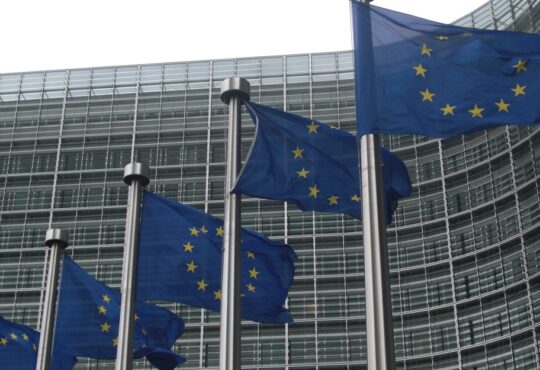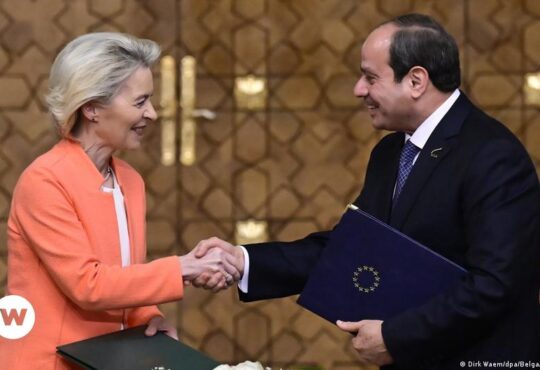
Does this sound familiar? We might not have had so many governments, but here in Britain we’ve had five prime ministers in eight years, soon to be six – one of them lasting just 49 days – and seven chancellors. Policy has lurched violently from one extreme and disaster to the next.
Far from giving Britain back its sense of purpose, unity and self confidence, Brexit has profoundly undermined all three, and we are now faced with an economy which seems as hopelessly stuck in time as Italy’s ever was during its long years of revolving-door government.
Italy’s Meloni does, of course, face equally daunting challenges as she fights her way back to a more dynamic economy, but so far this self-confessed admirer of Benito Mussolini has confounded her critics with a pragmatically minded approach to government which seems to be the very antithesis of the populist roots from which she springs.
She’s cancelled the so-called “basic income of citizenship”, which was acting as a deterrent to finding a job, she’s rowed back from windfall profit taxes on the banks, and despite once strongly held Eurosceptic and pro-Putin views within her party, she’s fallen into line with the rest of Europe on Ukraine and broadly gone along with the reform agenda that was a condition of the EU’s stimulus funds.
Just as important, says Ambrosetti’s De Molli, she’s got democratic legitimacy, in contrast to some of Italy’s previous, technocratic governments, and faces a hopelessly divided opposition incapable of thwarting her.
Historically the very foundation of European civilisation, Italy still has lots of economic strengths. Hidden beneath one of the highest debt-to-GDP ratios in the world is an abundance of family and corporate wealth, together with among the highest property ownership in Europe.
Davide Serra, one of Italy’s most prominent entrepreneurial financiers, once told me that if you could marry the Anglo-Saxon notion of fiduciary duty with the Italian sense of loyalty to family and tribe, you would have the perfect economy.
That’s perhaps never to be, but the way things are going the Italian press will again soon be able to shout “il sorpasso” (the overtaking), much as it did in 1987, and then for a second time in 2009, when thanks largely to exchange rate movements, the Italian economy briefly became bigger in nominal terms than its UK equivalent.
Political stability and policy certainty isn’t everything, but it is a vital constituent of any healthy economy. It’s odd to have to concede that Italy finally seems to have more of it than we do.






